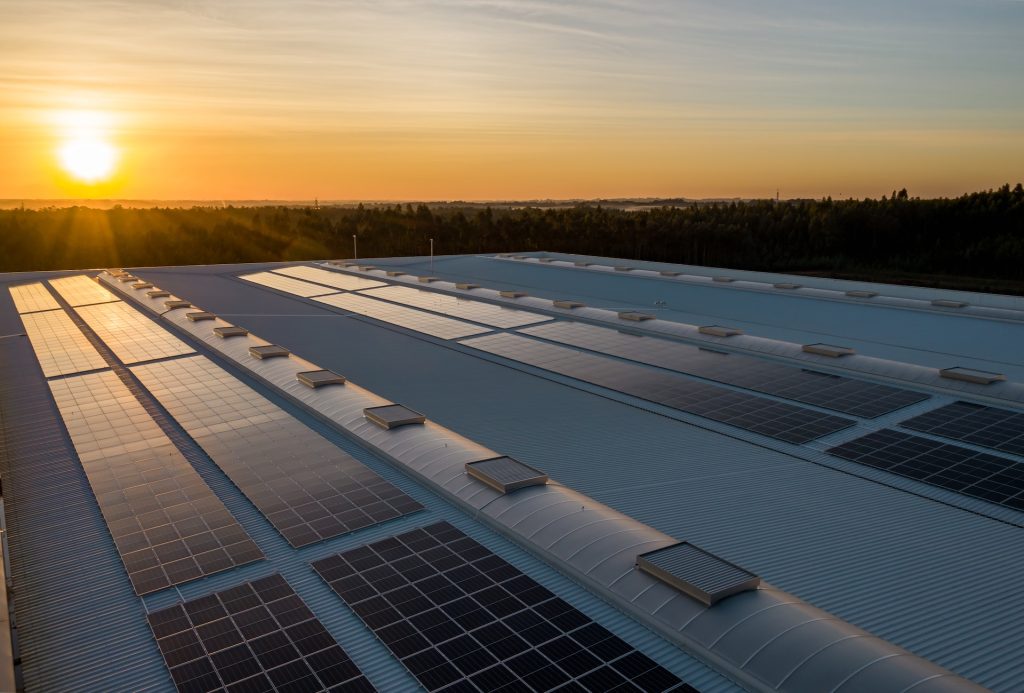
The Solar Revolution: A Turning Point in Global Energy
As the global energy landscape evolves, two distinct stories are emerging. On the one hand, oil giants like Chevron are pouring billions into traditional energy sources, betting on a sustained demand for oil. Conversely, there’s a silent but momentous shift towards renewable energy, particularly solar power.
The Solar Surge
The International Energy Agency’s recent projections indicate a notable change in the world’s energy preferences. They estimate that the consumption of oil, coal, and natural gas will reach its zenith in about seven years, paving the way for a rise in cleaner energy alternatives such as wind, solar, and hydropower.
A significant driver for this change is the consistent decline in the costs of solar energy. Over the decade from 2010 to 2020, the price of solar panels decreased impressively by 15% each year. This trend can be traced back to China’s substantial investments in solar innovations and California’s robust support for residential solar installations. Consequently, solar energy now accounts for nearly one-fourth of California’s power supply.
Furthermore, a study by the financial consultancy firm Lazard highlights that the costs of solar photovoltaic and onshore wind energy, without subsidies, are approximately 48% lower than that of natural gas.
Big Oil’s Response
Despite the promising trajectory of solar and other renewable energy sources, major oil companies remain undeterred. Chevron’s recent acquisition and comments from its CEO, Mike Wirth, suggest that they anticipate a continued rise in oil demand beyond 2030.

OPEC, the oil cartel, has even cautioned against the I.E.A.’s projections, warning that underinvestment in oil and gas drilling could lead to “energy chaos.” It estimates that the demand for oil and natural gas will keep ascending until 2045.
The Path Forward
The world currently stands at an energy crossroads. While some countries and corporations remain steadfast in their commitment to fossil fuels, a growing number of leaders, entrepreneurs, and activists are championing the shift towards clean energy.
Femke Nijsse, a lecturer at the University of Exeter and contributor to the solar tipping point study, encapsulates this dichotomy. She highlights the tug-of-war between those profiting from fossil fuels and those pushing for clean energy, bolstered by the dramatic reduction in clean energy costs.
The success story of solar energy showcases the potency of market forces. As Nijsse aptly puts it, “There is a lot of policy that still needs to be written,” but the momentum of solar energy can be replicated across different sectors.
Bottled Water Controversy
In a related environmental concern, major bottled water brands are facing increasing scrutiny. Companies like BlueTriton, which owns prominent brands including Poland Spring, are under the lens for their environmental impact and business models. Proposed regulations in Maine, aiming to regulate large-scale water access, have been met with resistance from these giants, highlighting the ongoing challenges in balancing corporate interests with environmental sustainability.
In conclusion, as the global energy landscape continues to evolve, the momentum of clean energy, led by solar power, seems unstoppable. The decisions made today will shape the energy future for generations to come.
©eco-guardians.org